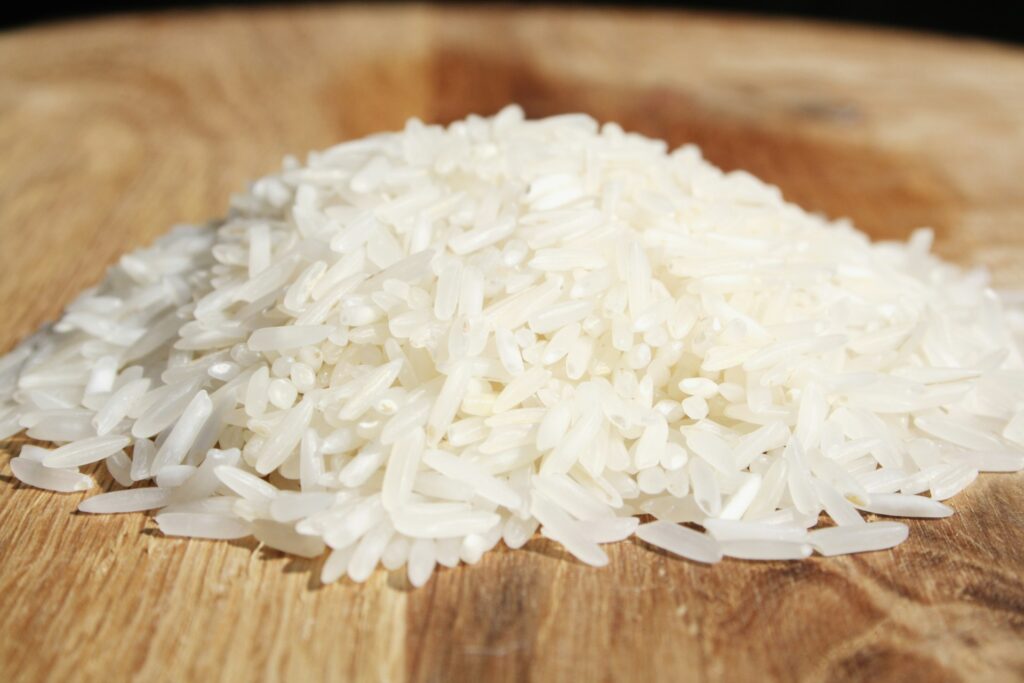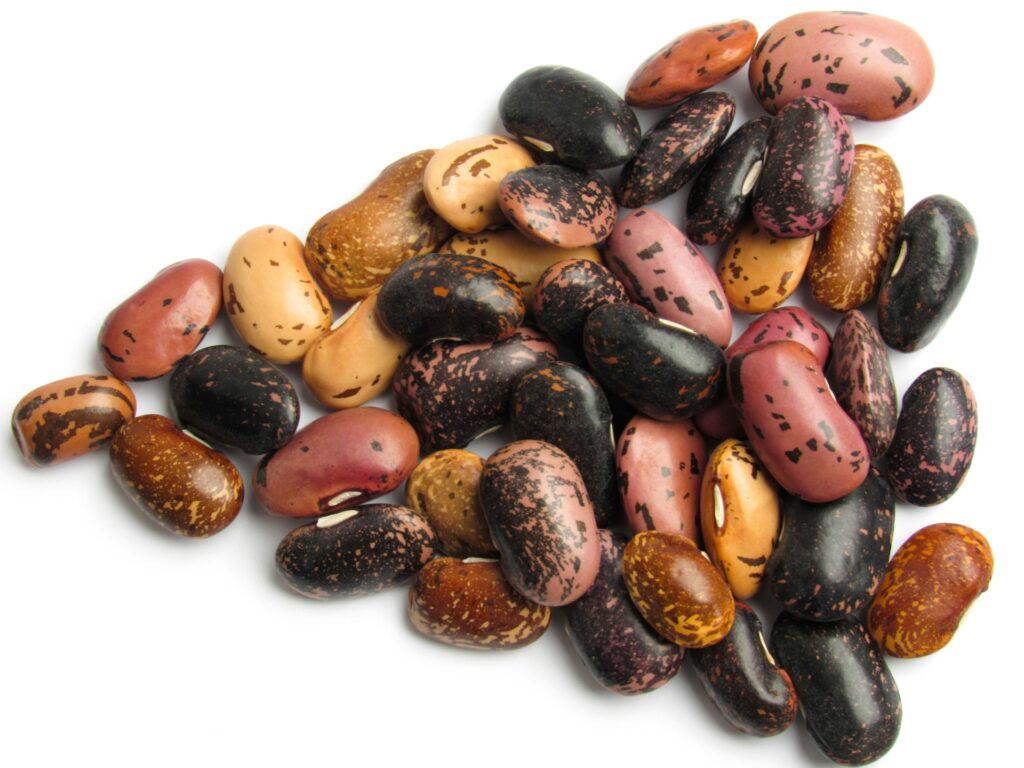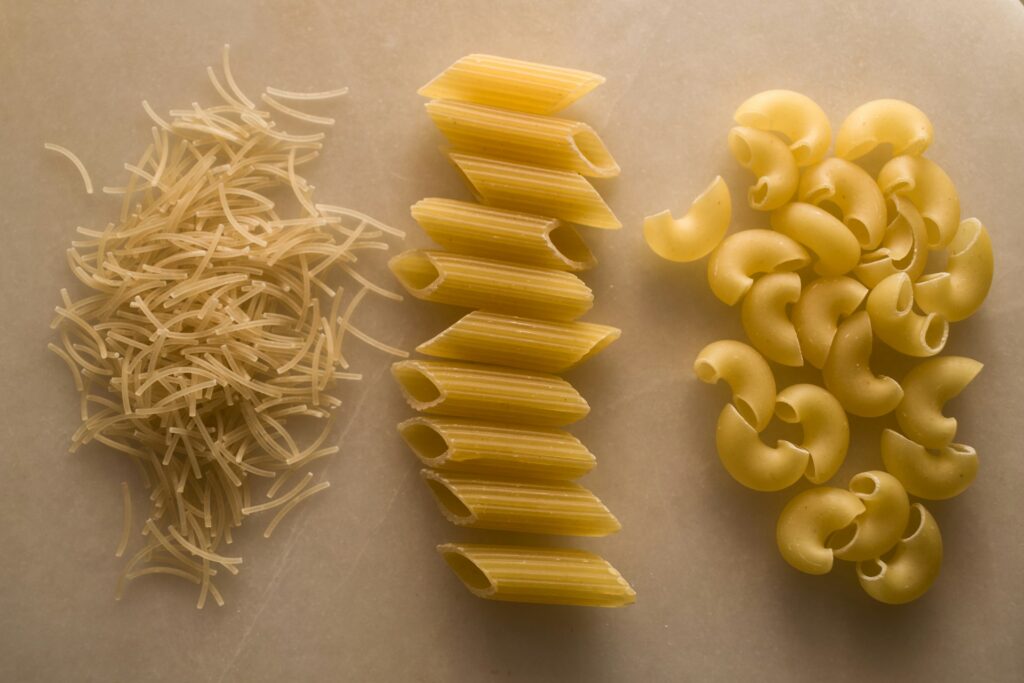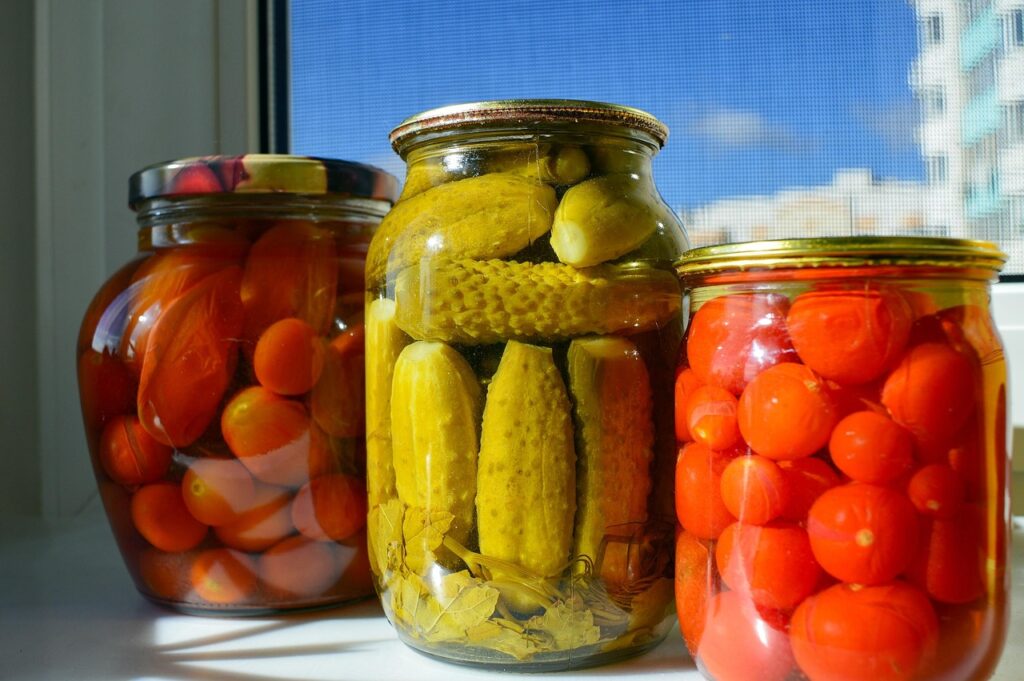A 2022 survey from the Food Marketing Institute found that U.S. households waste nearly 31% of food purchased, much of it due to improper storage or buying items with short shelf lives. Chefs emphasize that stocking certain pantry staples in bulk not only reduces food costs but also ensures access to high-quality ingredients with long shelf stability. Below are eight essentials experts consistently recommend.
Rice: A Global Staple with Infinite Uses

Rice accounts for over 20% of the world’s caloric intake, and varieties like jasmine, basmati, and arborio can last up to 30 years when stored properly in airtight containers. Professional kitchens rely on rice as a versatile base for meals, from risotto to stir-fries. Buying in bulk reduces cost per pound significantly, especially for imported varieties. Chefs also recommend freezing small portions of uncooked rice to extend shelf life and prevent insect infestation.
Dried Beans: Protein That Lasts Years

Dried beans black, pinto, chickpeas, and lentils are nutrient-dense, providing about 15 grams of protein per cup cooked. Unlike canned beans, they can be stored for 10 years or more when kept in cool, dry conditions. According to USDA data, dried beans cost roughly 30–50% less per serving compared to canned. Chefs value bulk beans for their adaptability in soups, stews, and purees, and for their ability to absorb flavors when slow-cooked.
Salt: The Indispensable Seasoning

Salt is one of the few ingredients with an indefinite shelf life, making it an ideal bulk purchase. Beyond table salt, chefs stock kosher salt and sea salt for their distinct textures and flavoring qualities. In professional kitchens, kosher salt is preferred for its larger crystals, which provide more control when seasoning. Bulk salt is also useful for brining meats and preserving foods, a technique that has been used for centuries to extend freshness.
Dried Pasta: Affordable Versatility

Pasta, made primarily of durum wheat semolina, has a shelf life of two years when stored in airtight packaging. According to USDA data, it delivers around 7 grams of protein per serving and remains one of the most cost-effective bulk staples. Chefs prefer stocking multiple shapes spaghetti, penne, fusilli for variety in sauces and baked dishes. Buying in bulk reduces per-serving cost dramatically, and its quick preparation time makes it a kitchen essential.
Flour: The Foundation of Baking

Flour, especially all-purpose and bread flour, forms the backbone of baking and cooking. Stored in airtight containers, white flour lasts up to 12 months, while whole wheat flour keeps about six months due to higher oil content. Bulk purchasing is economical for frequent bakers and restaurants. Chefs often freeze flour to extend its freshness and prevent pest contamination. Beyond bread, flour is indispensable for thickening sauces, dredging proteins, and crafting pastries.
Spices and Dried Herbs: Flavor Powerhouses

Spices and herbs lose potency over time but remain safe to consume for years. Whole spices like peppercorns, cumin, and cinnamon sticks retain flavor longer than pre-ground versions and can be stored for up to four years. Chefs recommend buying whole spices in bulk and grinding them as needed to preserve freshness. According to the American Spice Trade Association, proper storage in airtight containers, away from heat and light, maximizes both flavor and value.
Olive Oil: A Chef’s Liquid Gold

Olive oil, particularly extra virgin, is prized for its balance of flavor and health benefits, including high monounsaturated fat content. According to the International Olive Council, properly stored olive oil has a shelf life of 18–24 months. Buying in bulk is cost-efficient, especially when sourced directly from producers. Chefs often transfer large containers into smaller, dark glass bottles to reduce oxidation and preserve quality, ensuring a consistent supply for cooking and dressings.
Canned Tomatoes: Reliable Year-Round Flavor

Canned tomatoes retain peak-season flavor and nutrients, offering consistency when fresh tomatoes are unavailable. According to USDA data, canned tomatoes maintain quality for 18–24 months. Professional kitchens use them extensively in sauces, soups, and braises due to their balanced acidity and concentrated flavor. Buying in bulk not only lowers costs but also ensures uniform results across dishes. Many chefs prefer whole peeled tomatoes, which can be adapted into diced, crushed, or pureed forms.
Comments